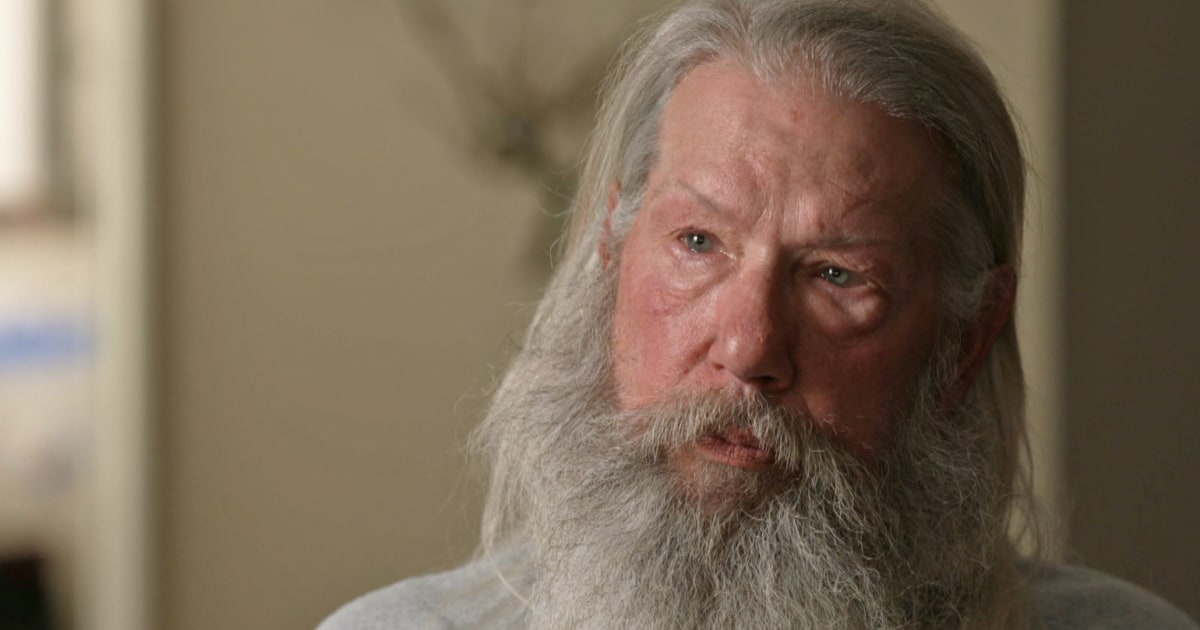Same with finger prints, ballistics, and a shit load of other pseudo science.
I don’t think that the uniqueness of fingerprints is in doubt, but their analysis and use might not be up to snuff. I’ve read numerous articles over the last couple of decades that call into question at least the statistical underpinnings of what it means to declare a match.
But law enforcement in general seems to be filled with pseudoscience, from profiling and interview techniques to body language and lie detection.
What about psychics and lue detector tests.
Removed by mod
This is the best summary I could come up with:
Even now, as a free man, Keith Harward finds it hard to explain what it was like to sit in a courtroom, on trial for a rape and murder he knew he didn’t commit, watching someone considered an expert testify with certitude that bite marks on the victim’s leg matched his teeth.
Two forensic dentists told two separate juries that Harward’s teeth matched “to a scientific certainty” a bite mark on the rape victim’s skin.
That includes the President’s Council of Advisors on Science and Technology, which said in 2016 that “available scientific evidence strongly suggests that examiners not only cannot identify the source of bitemark with reasonable accuracy, they cannot even consistently agree on whether an injury is a human bitemark.” The National Institute of Standards and Technology, the gold standard of measurement science, said in 2022 that bite mark forensics “lacks a sufficient scientific foundation” because “human dental patterns have not been shown to be unique at the individual level.”
Chris Fabricant, an Innocence Project lawyer and author of “Junk Science and the American Criminal Justice System,” said his team has consistently blocked the introduction of bite mark evidence in courts around the country, even as it continues to seek the exoneration of defendants imprisoned based on the discredited discipline.
Three years ago, after the bite mark evidence in his case collapsed, McCrory was offered a deal: Plead guilty and walk free.
Awarded $1 million in compensation by Virginia, the 67-year-old lives quietly in rural North Carolina, taking occasional RV trips with his girlfriend and puzzling over smartphones and social media.
The original article contains 1,172 words, the summary contains 263 words. Saved 78%. I’m a bot and I’m open source!




